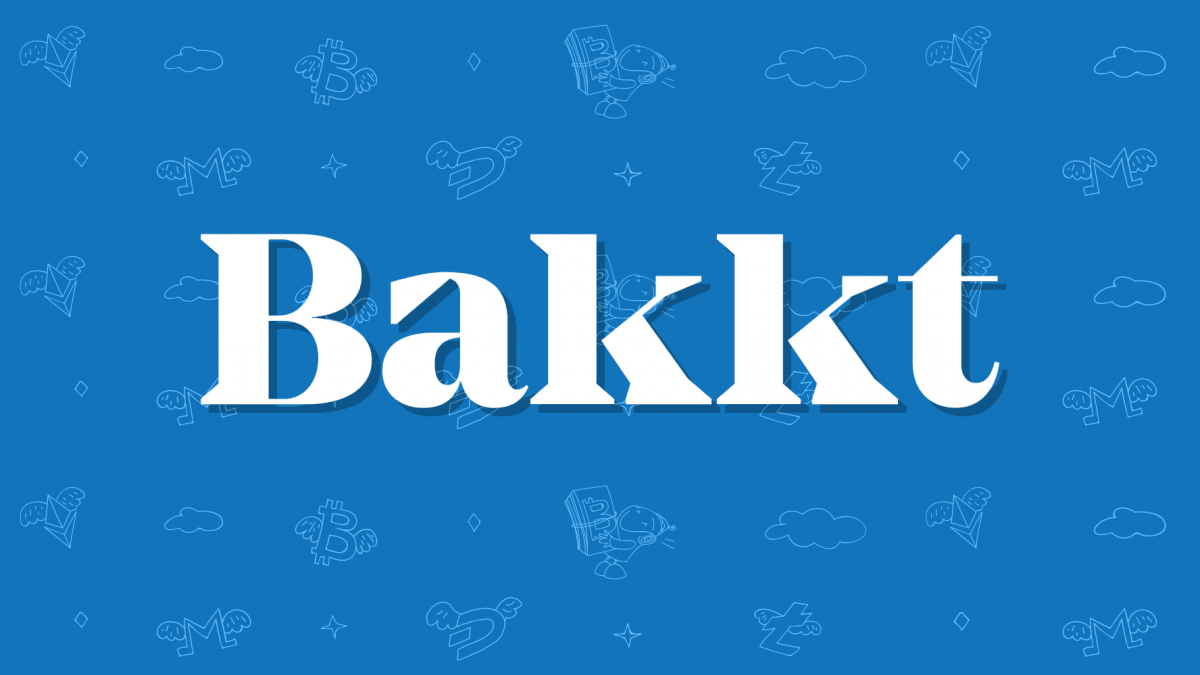This August, after months of being bumped along regulatory issues, Bakkt’s CEO Kelly Loeffler shared a blog post on Medium with the news they have been finally cleared to launch and will launch on top of ICE Futures U.S., on Sept. 23.
Which will make them the first end-to-end regulated cryptocurrency exchange offering physically delivered Bitcoin futures in the niche.
Institutions’ forbidden fruit
This summer demonstrated how Bitcoin can grow due to the newly arisen opportunities in institutional investment.
Yet, there are several factors in place to slow participation of banks, insurance companies, pension, hedge and mutual funds in Bitcoin so far. Take a look at just a few of those. Regulatory uncertainty, the asset price that varies from platform to platform, manipulative and fraudulent trading, no AML/KYC standards applied, no collateral to cover counterparty risks, security breaches, etc.
And even though the interest in the king coin is surging these days, not all traditional institutions can open the door for a flurry of investments in cryptos as long as Bitcoin (BTC) demonstrates these ambiguities.
This is why the news on Bakkt, backed by ICE (Intercontinental Exchange) that owns 12 regulated exchanges including ICE Futures U.S., has been rattling the market since 2018.
From the very beginning, they have announced that their solution was about to bridge those gaps and serve institutional customers. And now they are all set to launch Bitcoin futures in September.
Sven Hildebrandt, a partner at DLC Distributed Ledger Consulting GmbH, told us that more regulation sets the ground for institutional investors.
“I believe that Bakkt is well-positioned to tackle the challenges that arise when working with a new asset class like digital assets, applying the “old world” rules to the new kid on the block,’’ he commented.
Which brings us to the question of what exactly Bakkt is about to offer.
Bakkt’s Bitcoin futures contracts
If you’re a novice to the industry, you might be wondering, what’s so special about Bakkt’s Bitcoin futures contracts? There are Bitcoin futures contracts out there, namely, at the Chicago Mercantile Exchange (CME).
Well, the thing is that those futures are cash-settled and based on the price of Bitcoin at cryptocurrency exchanges. Once Bakkt’s futures contract expires, the customers will be given the actual cryptocurrency instead of a cash payment.
According to Hildebrandt, it’s the same with gold. “When you buy gold futures and they are not delivered in physical gold but USD, it imposes the currency risk”. The expert added, people “secure” USD by buying gold, “that’s why you want a physical, and in the case with Bitcoin, digital asset”.
Bakkt will list two types of futures contracts. A daily settlement Bitcoin futures, which will enable customers to transact in a same-day market. And a monthly Bitcoin futures contract that will enable trading in the front month and across the forward pricing curve.
It’s interesting to note that other top dogs are fighting for the right to launch their own physically delivered Bitcoin futures. Although not all of them have received approvals.
In July this year, LedgerX has not been approved by the CFTC to offer physically-settled Bitcoin futures.
On the contrary, TD Ameritrade-backed ErisX received approval from the CFTC, to operate a DCO “for futures on physically-delivered digital assets,” the company said on July 1.
Will Bakkt, with their $182.5 million raised from backers including Microsoft, win the race for the first-mover advantage and the right to educate regulators in better understanding of the niche?
“It might very well be that Bakkt has just done a better job submitting the documentation necessary for the approval,” Miklos Denkler, a founder of the Corion Stablecoin Foundation, said in an interview with TradeSanta.
He added that institutions don’t want to be the first to experience a disruptive “exotic” asset, but would rather wait for the regulated, trustworthy, easy-to-buy and safe custodian storing service like provided by Bakkt.
A few words on the technologies Bakkt is about to use
Because we’re talking about physically delivered futures contracts, the security of the facility where the Bakkt team is going to store customers’ Bitcoins is important.
Interestingly, they proclaim that the Bakkt Warehouse will use cyber and physical security protections that support the world’s most actively traded markets, including the NYSE.
The Warehouse will be comprised of both, online and air-gapped digital storage. According to their website, Bakkt systems algorithmically balance between both warm and cold storage tiers to minimize risks associated with warm storage.
They add the wallet keys will be sharded and encrypted at creation, with multiple key shards needed to sign a single transaction.
To handle BTC’s scalability issue, Bakkt will reportedly use the technology akin to the Lightning Network.
“Our system would operate on a layer above the blockchain, and we’d keep our own omnibus ledger apart from the blockchain,” Loeffler explained to Fortune but never disclosed the locations of multiple facilities.
FAQ
What is Bakkt’s Warehouse?
This is where the Bakkt team is storing customers’ Bitcoins. The Warehouse is comprised of both, online and air-gapped digital storage. According to their website, Bakkt systems algorithmically balance between both warm and cold storage tiers to minimize risks associated with warm storage.
What are Bakkt futures?
The Bakkt futures are cash-settled and based on the price of Bitcoin at cryptocurrency exchanges. Once Bakkt’s futures contract expires, the customers will be given the actual cryptocurrency instead of a cash payment.
